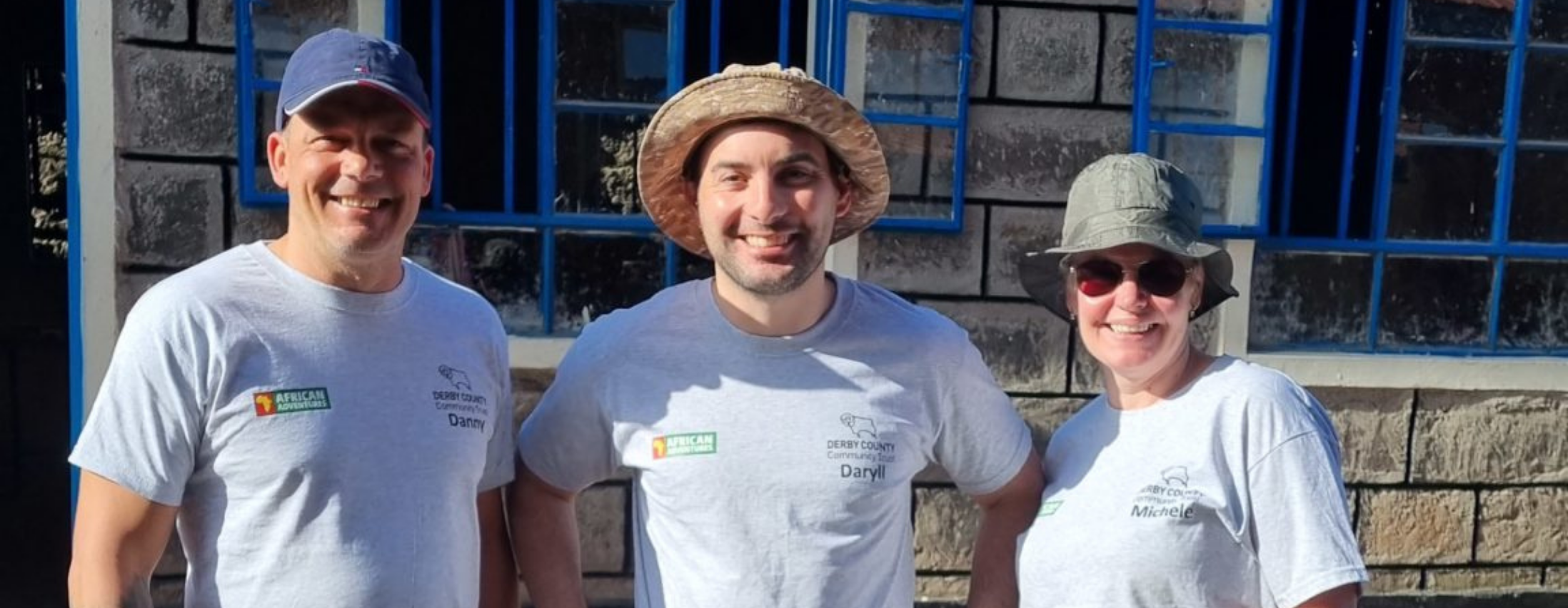Fuel Cell Systems Ltd (FCSL) is delighted to have won the tender to supply a new mobile hydrogen refuelling solution for Cranfield University as part of their Net Zero Research Airport project.
FCSL will provide a hydrogen electrolyser system, powered by solar panels, to supply fuel cell aircraft research and ground operations vehicles with a mobile hydrogen compression and vehicle refuelling system, supporting research projects across the Cranfield campus.
For the first time FCSL will be able to utilise a new battery electric commercial vehicle from Tevva to house the hydrogen storage and dispensing system, delivering green hydrogen from a zero-emission at tailpipe vehicle. The vehicle will be ADR certified so that it can be driven on public roads. Both Tevva and FCSL are UK manufacturers at the forefront of efforts to decarbonise transport.
FCSL will design and build a modular electrolyser system to produce green hydrogen for the site. The containerised system will be made up of 40 Enapter AEM electrolyser modules housed in 8 19” racks and will provide 40 kg of hydrogen per day.
FCSL has previously built mobile refuelling vehicles both for short term rental and sale, with customers including the BMW Group, the Met Police and EMEC (for ZeroAvia’s hydrogen aircraft).
Funded by the UK Research Partnership Investment Fund (UKRPIF), Cranfield University was awarded £3.1 million to advance its sustainable aviation research, both into developing low-carbon aircraft, and decarbonising airport logistics. The funding from Research England will also have an immediate impact on reducing or eliminating greenhouse gas emissions from flying and airside operations at Cranfield University.
It will unlock further potential from two existing Cranfield UKRPIF projects – the Aerospace Integration Research Centre (AIRC) and the Digital Aviation Research and Technology Centre (DARTeC) – by providing new facilities and equipment to support research focused on sustainable aviation.
Tom Chicken, CEO at Fuel Cell Systems commented Tom Chicken, CEO at Fuel Cell Systems commented “We are very pleased to work with Cranfield University on this green hydrogen refuelling project. The deployment of a mobile refuelling solution combining use of a battery electric vehicle from Tevva, with green hydrogen production and FCSL’s own dispensing system takes us another step forward to delivering zero emission transport products in the UK”.
Professor Graham Braithwaite, Director of Transport Systems, leads the DARTeC project and said:
“The whole aviation ecosystem – from ground operations to aircraft, from airports to autonomy – is on the cusp of huge and positive disruption; and we have a lead role, working alongside industry partners and new start-up businesses, to bring the potential for net zero to fruition.
“With deployment of this fuel-cell grade hydrogen production and a flexible mobile delivery system, Cranfield looks forward to a close collaboration with FCSL developing future hydrogen vehicle refuelling systems for aviation and other transport modes.
Dr. Harsh Pershad, Head of Hydrogen at Tevva said “The urgent challenges of emissions reductions can be met faster when experience and technologies are shared across traditional boundaries. Tevva is therefore delighted to support this initiative, which neatly integrates zero carbon aviation with road transport, battery electric and hydrogen technologies, academia, businesses and government.

